
The CET Ambassadors motivate and accompany the next generation of technology creators. They think and build a more just and inclusive world.
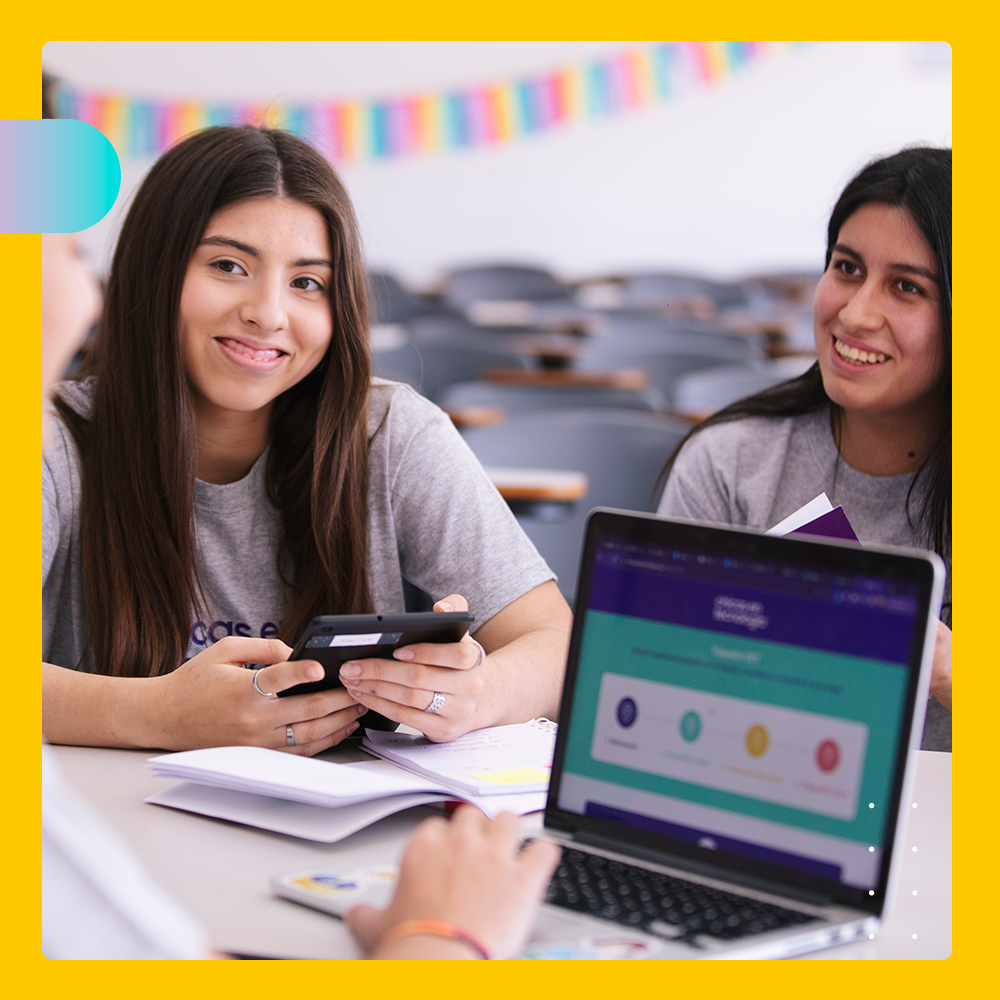
The CET Ambassadors motivate and accompany the next generation of technology creators. They think and build a more just and inclusive world.

The young women of the CET Community are this year's protagonists. Throughout 2023, they were involved in the design of our training programsin our work team and in the process and strategy leadership their voices and experiences to invite other young women to become part of the technological field.
This year, 1,600 young people from 15 countries in the region began and expanded their technology careers.
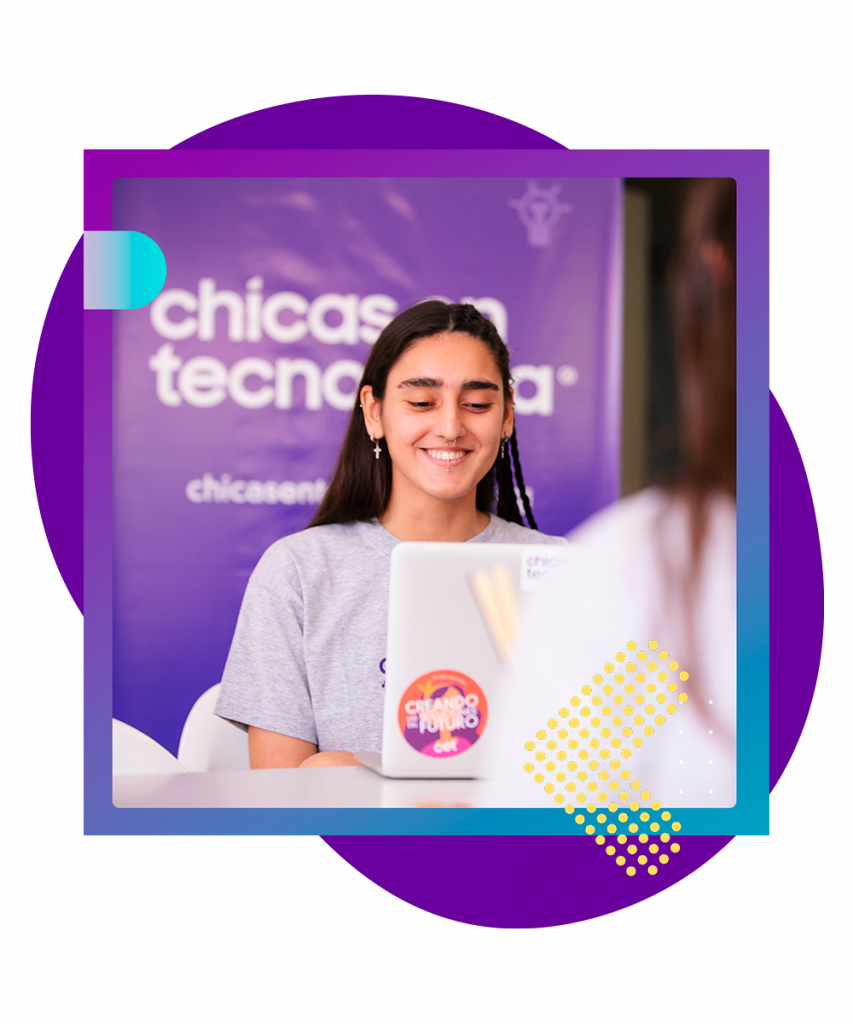

2023
+500 young people were interested in the initiatives of Girls in Technology and participated in activities related to the development of unbiased technologies.
+500 young people were interested in the initiatives of Girls in Technology and participated in activities related to the development of unbiased technologies.
1.200 young people from 15 countries in the region, from 13 to 21 years old began their journeys in technology and have created more than 117 digital solutions with social impact. Through our training programs, 474 new young women joined the CET Community.
In the third year of the program free training course carried out in conjunction with Free Market, 761 adolescents Latin American countries designed 40 technological solutions to respond to issues related to the Millennium Development Goals (MDGs). Sustainable Development of the United Nations. In addition, they met 56 technological referencesThey shared their professional experiences and gave them feedback to further enhance their projects.
456 adolescents Latin American countries took their first steps in programming at the 4th edition of the proposal in alliance with The Walt Disney Company. They designed 61 applications with a social impact and, after the program, the 90% of the young women said that they acquired relevant knowledge about technology.
In the third year of the program free training course carried out in conjunction with Free Market, 761 adolescents Latin American countries designed 40 technological solutions to respond to issues related to the Millennium Development Goals (MDGs). Sustainable Development of the United Nations. In addition, they met 56 technological referencesThey shared their professional experiences and gave them feedback to further enhance their projects.
456 adolescents Latin American countries took their first steps in programming at the 4th edition of the proposal in alliance with The Walt Disney Company. They designed 61 applications with a social impact and, after the program, the 90% of the young women said that they acquired relevant knowledge about technology.
196 young people from 12 countries of the region deepened their technical knowledge and met female mentors from the technological world through our programs and workshops. They made 39 technological solutions with social impact using knowledge of user experience design, agile methodologies y front-end programmingend. The young women acquired technical tools to develop themselves in the labor market and the 83% expressed the desire to find a job in a field related to the disciplines of the STEM.
Together with professionals from Salesforce, 30 young people were trained in agile methodologies, such as Scrum y Kanbanessential in the management of technological projects and in the software development.
Together with professionals from Salesforce, 30 young people were trained in agile methodologies, such as Scrum y Kanbanessential in the management of technological projects and in the software development.
156 young people from 17 to 23 years oldof 7 countries in the region began their professional careers in the technological field by participating in mentoring programs, scholarships, job placement, English language development and internships.

55 young people over the age of 18 years old Latin American countries participated in the integral training and workshop program on employability by professionals from S&P Global, Salesforce, PedidosYa y La Segunda Insurance. As part of this edition, they visited the offices of the allied companies and performed networking with profiles in the technological field to expand their network of contacts.
70 young people Latin American women are pursuing a career in the Full Stack Web Development at Coderhouse through the scholarship program "Power your Future"with the support of The Walt Disney Company. In addition, 20 young people are pursuing scholarships in English, Cybersecurity, Python y UX development and acquiring technical tools with the support of PedidosYa.
We promote the 2nd edition of personalized accompaniment that links the young women of our Community with women referents so that they can identify and achieve their professional and academic growth objectives. The following were formed 50 pairs of mentors and mentees according to affinity between professional and personal profiles. The program was supported by NCR Foundation y Lenovo. We expanded our mentoring network with 36 profiles from JP Morgan, Salesforce, S&P Global, PedidosYa y ICBC. For the first time, 5 young people conducted the mentoring program in English together with mentors from S&P Global.
We launched a face-to-face experience at the offices of Salesforce where 33 young people shared the day-to-day life of the roles and tasks of women technology professionals in the workplace.
The 88% of the graduates from CET route wishes to work in the following areas STEM. With the intention of fully accompanying the process of young women entering the STEM labor market, we have launched the employability programwhich focuses on developing in our young women the competencies required for the labor market and the technical skills for job search.. This program is complemented with individual interviews, support sessions and group meetings to enhance their entry into the sector.
33 graduates of our programs were added as panelists, mentors and accompanying persons to motivational, initial and specific training programs to encourage more young people to become technology developers. 16 CET Ambassadors participated in the Encounters with the Ecosystem generating valuable exchanges with sponsors and partnerships for lead the construction of proposals and initiatives of the organization.
40 Ambassadors from different countries in the region participated in 2 meetings at the offices of Salesforce and S&P Global. The young women generated contributions to the CET route, They got to know profiles in the technology field and put their English skills into practice by performing a pitch on topics of interest to them.
We provide evidence on the gender gap in technology at the local and regional level, to guide decision-making in the various areas that may have an impact on the problem:
We started the investigation "Regional university map in STEM"with the support of NCR Foundation, UNESCO and FLACSO and next to the Ministries of Education and of Science and Technology of 6 countriess, to create the first regional indicators on the gender gap in STEM and programming-related careers at the university level.
In addition, together with the Gino Germani Research Institute we conducted a qualitative research on the gender digital gap in female adolescents between 15 and 18 years old, in the cities of Buenos Aires and Cordoba, Argentina, as part of the call for proposals. "Children and adolescents in the digital world: Characteristics, trends and challenges before, during and after the pandemic" conducted by CLACSO.
We implemented a multi-platform content plan based on #CET data and we reached 118 press appearances:
Within the framework of the #8M we disseminate our research data "An unequal career: the gender gap in Argentina's university system." through campaigns in conjunction with Telefé, Infobae, MTVLA, La Nación, and Forbes.among other mass media.
The CET Ambassadors were protagonists from International Day of Girls in ICT in a joint action with UNICEF Argentina for which they created messages for girls and young women in the region.
New formats are added to the contents of Girls in Technology: in 2024 the CET series is launchedtogether with DirecTVin which 12 Ambassadors star in a story that motivates young women in the region to become creators of technology to solve problems in their communities. The production was made together with Ponchosauer based on the methodology and contents of the CET training path.
More news coming soon!
We provide evidence on the gender gap in technology at the local and regional level, to guide decision-making in the various areas that may have an impact on the problem:
We started the investigation "Regional university map in STEM"with the support of NCR Foundation, UNESCO and FLACSO and next to the Ministries of Education and of Science and Technology of 6 countriess, to create the first regional indicators on the gender gap in STEM and programming-related careers at the university level.
In addition, together with the Gino Germani Research Institute we conducted a qualitative research on the gender digital gap in female adolescents between 15 and 18 years old, in the cities of Buenos Aires and Cordoba, Argentina, as part of the call for proposals. "Children and adolescents in the digital world: Characteristics, trends and challenges before, during and after the pandemic" conducted by CLACSO.
We implemented a multi-platform content plan based on #CET data and we reached 118 press appearances:
Within the framework of the #8M we disseminate our research data "An unequal career: the gender gap in Argentina's university system." through campaigns in conjunction with Telefé, Infobae, MTVLA, La Nación, and Forbes.among other mass media.
The CET Ambassadors were protagonists from International Day of Girls in ICT in a joint action with UNICEF Argentina for which they created messages for girls and young women in the region.
New formats are added to the contents of Girls in Technology: in 2024 the CET series is launchedtogether with DirecTVin which 12 Ambassadors star in a story that motivates young women in the region to become creators of technology to solve problems in their communities. The production was made together with Ponchosauer based on the methodology and contents of the CET training path.
More news coming soon!
We developed a policy with the objective of protecting the rights of the young people that CET accompanies in Argentina and the region. We are advised by the organization Keeping Children Safe, which establishes internationally recognized child protection principles.
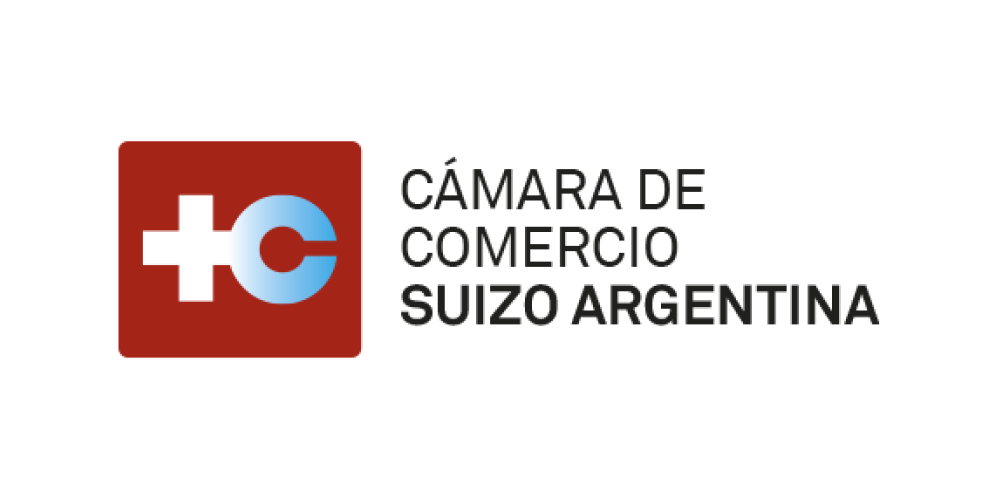
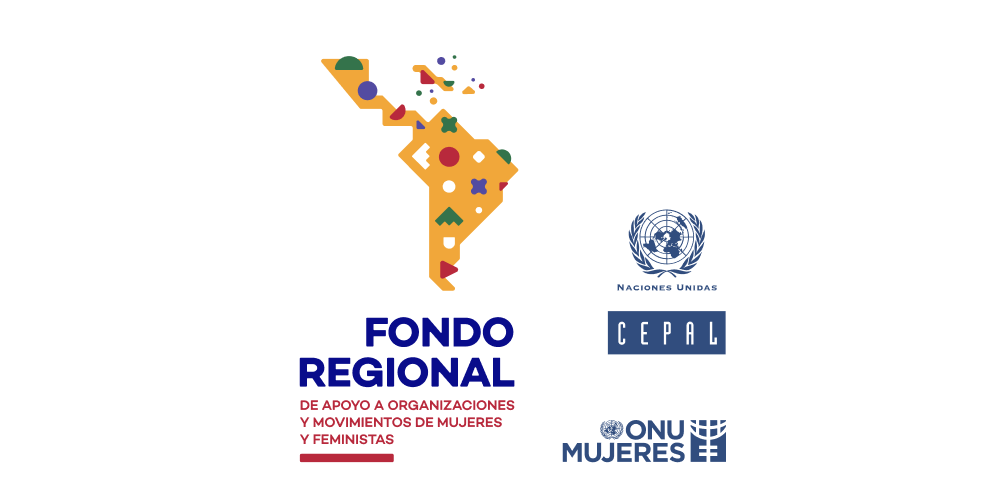
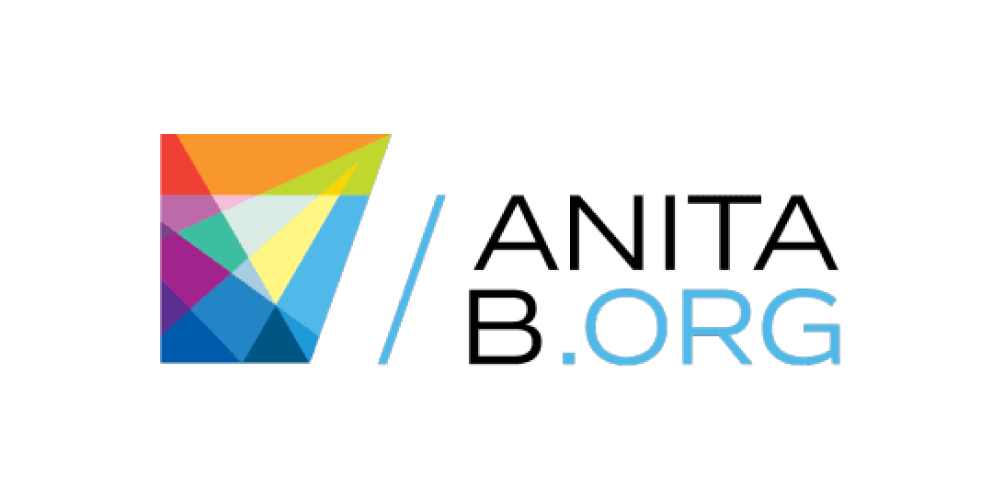
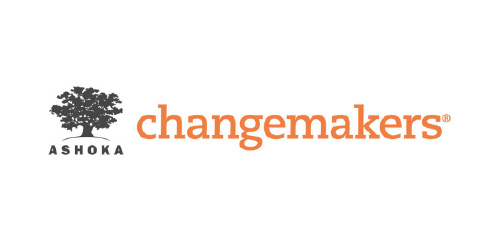
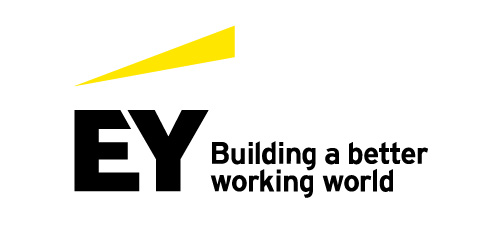
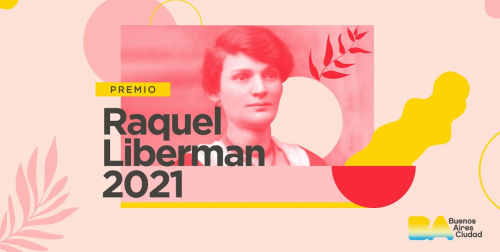
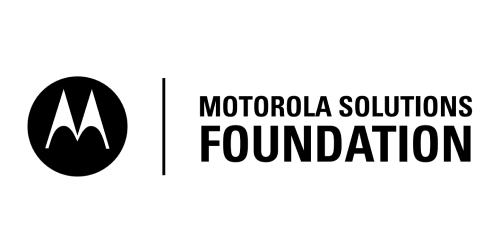
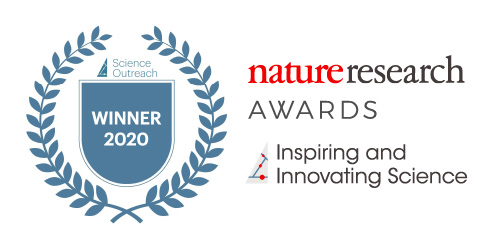
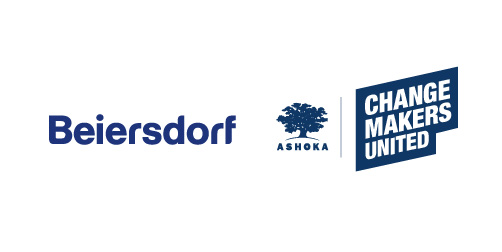
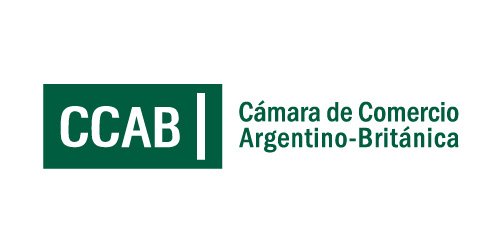
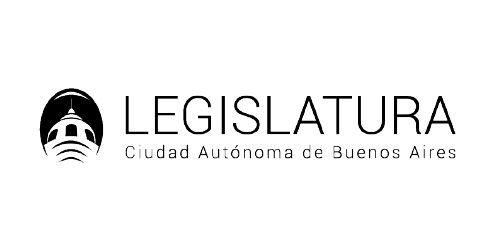
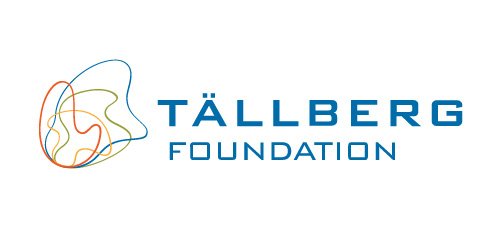
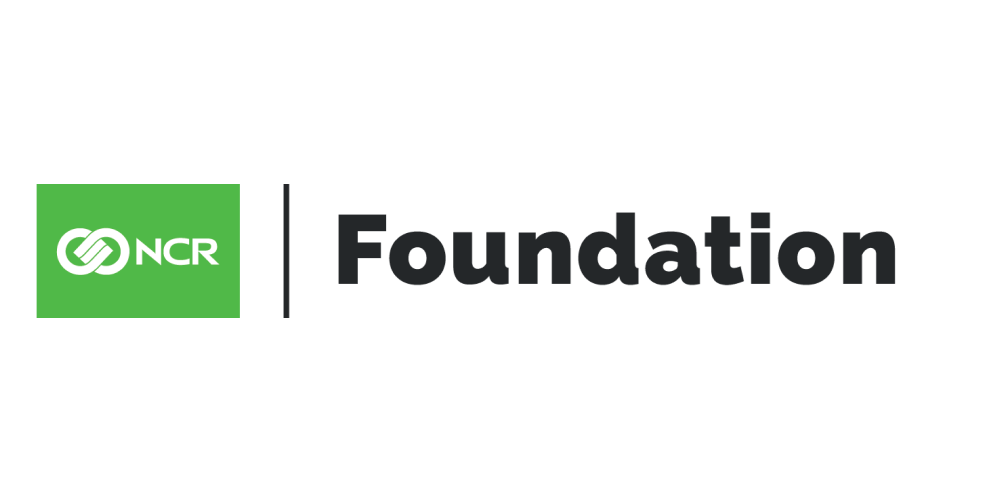
The young women of the CET Community today are part of the professional team of Girls in Technology: 4 graduates of the Chicas en Tecnología training programs joined the Chicas en Tecnología team. Training and Development accompanying the young women as facilitators in the initial training programs and in the accompaniment of the young scholarship recipients. They are part of a permanent team of 15 interdisciplinary roles and more than 20 roles for specific projects that during 2023 will be trained in new management tools, in leadership, financial and project evaluation skills.
In 2023, the renewal of the Board of Directors with profiles that contribute their experience and background for the strengthening and growth of the organization. It also has a representative of the CET Community to build our course together with the new leaders in technology.
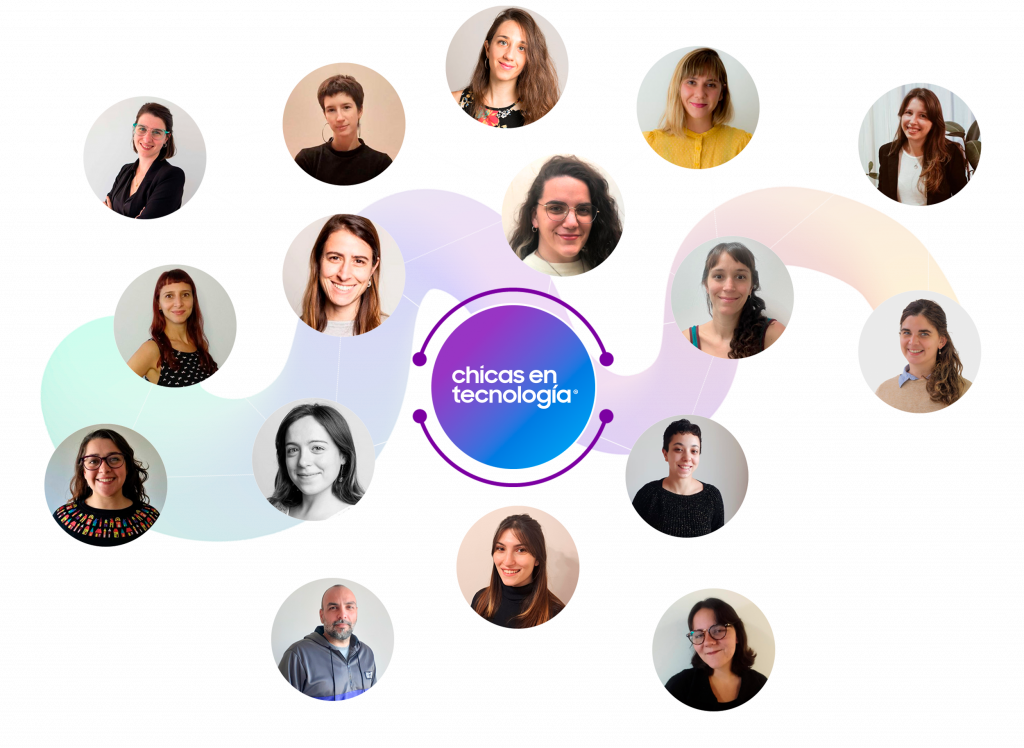
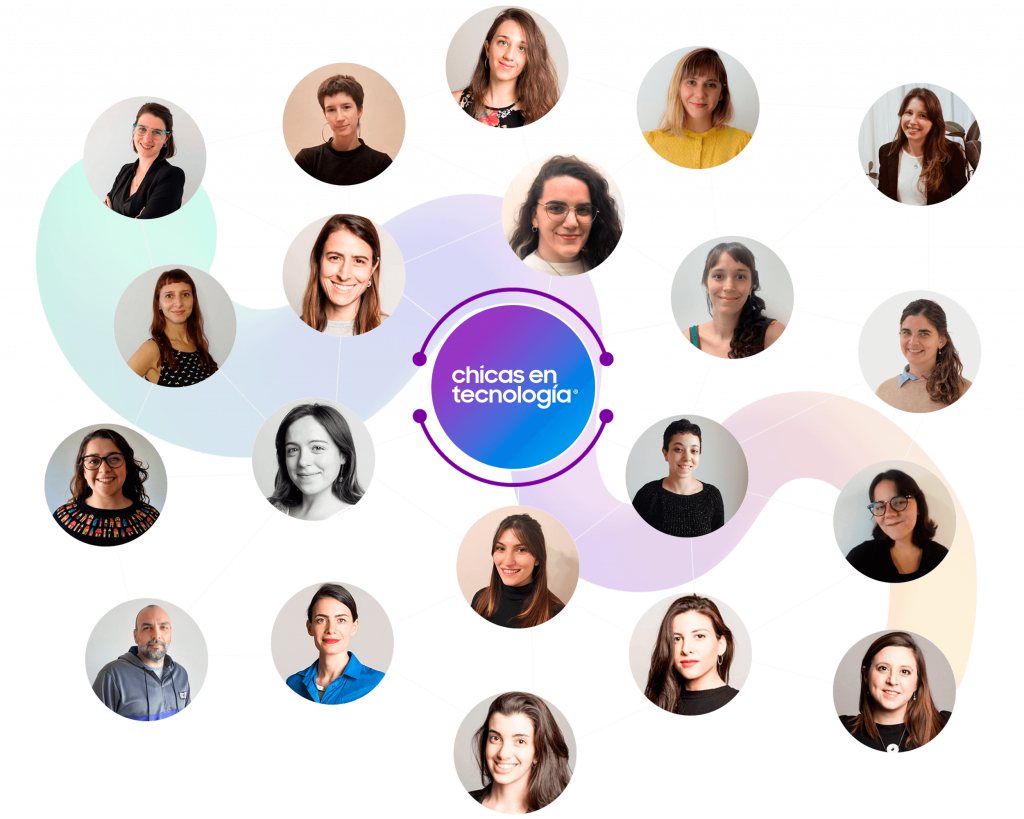
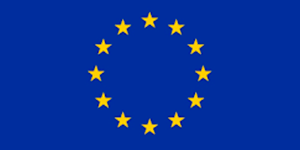
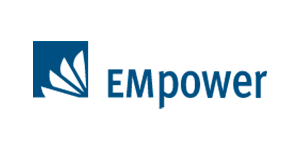


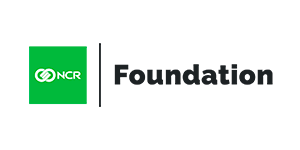

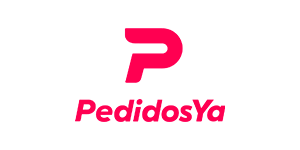


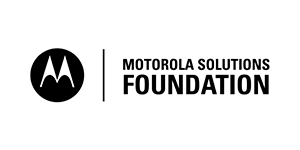
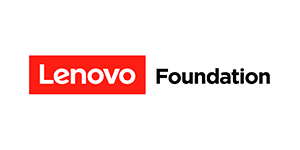


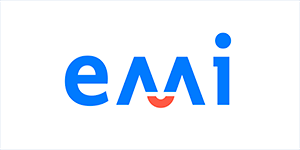




















To the specialists who developed the initiatives: Megan Ballesty, Violeta Guitart, Mercedes Spinosa, Florencia Redondo, Melisa Barbera, Marcela Santos, Antonella Viggiani, Rocío Carle, Jimena Alvela, Iván Pondal, Romina Colman and Agustín Roletto.
To those who accompanied us in the coordination of our projects: Florencia Larocca, Delfina Pascual, Mariquena Perez Aboitiz
To the facilitators who professionally accompanied the young women in their first steps in technology: Sofía Britez, Mara Mangieri, Florencia Fernandez Deleo, Mariquena Elisa Perez Aboitiz, Evelyn Barbieri, Julieta Lucía Nuñez, Valentina Vitetta, Marian Sanjines, Angela Guedes, Sheila de Melo, Sheila Sztajn, Ailen Salamone, Sabrina Houlli, Mailen Choque.
To the professionals who accompanied the institutional growth: Micaela Farré, Bernardo Blejman and Julieta Begue.
To the volunteers who selflessly donated their time for the growth of CET: Ariel Wainer, Jeanne Specht and Victoria Rodriguez Costi.
To the CET ambassadors who were actively involved in Chicas Líderes, online and in-person workshops, videos and the dissemination of our proposals:
Macarena Alimena, Valentina Vitteta, Florencia Larocca, Marian Sanjines, Lucia Martin, Ashley Brenner, Lucia Melamed, Maricielo Chalco, Marysabel Aedo Moreno, Fernanda Yataco, Juana Fagua, Maria Castellano, Valentina Hufschmid, Maria Castellano, Irina Caramuti, Delfina Nicolini, Sabrina Bidal, Angeli Rodriguez, Paula Antunez, Karol Perez, Sharon Barboza, Danuska Alzamora, July Ariza, Zaleth Anca, Danna Palacios, Kamitto Nuñez, Andrea Dextre, Paola Donatil, Liliam Sandoval, Francesca Massollo, Cecilia Gonzalez, Milagros Ayelén Mosquera, María Micaela Rasmunsen, Camila Sofía Fernandez, Francesca Belcasino, Clara Moliné, Ludmila Mastroberti, Giuliana Grosso and Martina De Jesús.
We would like to thank the following for their technology donations MercadoLibre and Newsan and the probono consultancies provided by Salesforce, Proyecto Tribo, Astrolabio, IndiMai, Microsoft Nonprofits, Terra Translations, Thompson Reuters Foundation, INSAD, EMpower, Keeping Children Safe, Ashoka, Canva and ÁreaTres.
We would like to make a special mention to the entities that provided their space, trust and time for the development of new initiatives and opportunities: EMpower, UN Women, Equals Global Partnership, Centro G+T de Jefatura de Gabinete, Ashoka, Escuela+ DirecTV, CLACSO, Instituto de Investigaciones Gino Germani, Proyecto Licqau, Centro Universitario de Vicente López, Keep Children Safe, Enseñá por Argentina, Fundación Cimientos, Girls in ICT, Impacto Digital, Opground, POAP, Proyecto Tribo, Microsoft, Thomson Reuters Foundation, Terra Translations, ÁreaTres, Coder House, Santander, Nerdearla, FITS, Feria Internacional del Libro de Buenos Aires.
To the media and journalists for widely disseminating our messages and contributing to place the issue on the public agenda. To all the organizations and individuals who shared our messages through their social networks and amplified our voice.
To all the people who, with their monthly contribution as individual donors, choose to support the mission of promoting systemic change for the construction of a technology that contributes to gender equity.
To the specialists who developed the initiatives: Megan Ballesty, Violeta Guitart, Mercedes Spinosa, Florencia Redondo, Melisa Barbera, Marcela Santos, Antonella Viggiani, Rocío Carle, Jimena Alvela, Iván Pondal, Romina Colman and Agustín Roletto.
To those who accompanied us in the coordination of our projects: Florencia Larocca, Delfina Pascual, Mariquena Perez Aboitiz
To the facilitators who professionally accompanied the young women in their first steps in technology: Sofía Britez, Mara Mangieri, Florencia Fernandez Deleo, Mariquena Elisa Perez Aboitiz, Evelyn Barbieri, Julieta Lucía Nuñez, Valentina Vitetta, Marian Sanjines, Angela Guedes, Sheila de Melo, Sheila Sztajn, Ailen Salamone, Sabrina Houlli, Mailen Choque.
To the professionals who accompanied the institutional growth: Micaela Farré, Bernardo Blejman and Julieta Begue.
To the volunteers who selflessly donated their time for the growth of CET: Ariel Wainer, Jeanne Specht and Victoria Rodriguez Costi.
To the CET ambassadors who were actively involved in Chicas Líderes, online and in-person workshops, videos and the dissemination of our proposals:
Macarena Alimena, Valentina Vitteta, Florencia Larocca, Marian Sanjines, Lucia Martin, Ashley Brenner, Lucia Melamed, Maricielo Chalco, Marysabel Aedo Moreno, Fernanda Yataco, Juana Fagua, Maria Castellano, Valentina Hufschmid, Maria Castellano, Irina Caramuti, Delfina Nicolini, Sabrina Bidal, Angeli Rodriguez, Paula Antunez, Karol Perez, Sharon Barboza, Danuska Alzamora, July Ariza, Zaleth Anca, Danna Palacios, Kamitto Nuñez, Andrea Dextre, Paola Donatil, Liliam Sandoval, Francesca Massollo, Cecilia Gonzalez, Milagros Ayelén Mosquera, María Micaela Rasmunsen, Camila Sofía Fernandez, Francesca Belcasino, Clara Moliné, Ludmila Mastroberti, Giuliana Grosso and Martina De Jesús.
We would like to thank the following for their technology donations MercadoLibre and Newsan and the probono consultancies provided by Salesforce, Proyecto Tribo, Astrolabio, IndiMai, Microsoft Nonprofits, Terra Translations, Thompson Reuters Foundation, INSAD, EMpower, Keeping Children Safe, Ashoka, Canva and ÁreaTres.
We would like to make a special mention to the entities that provided their space, trust and time for the development of new initiatives and opportunities: EMpower, UN Women, Equals Global Partnership, Centro G+T de Jefatura de Gabinete, Ashoka, Escuela+ DirecTV, CLACSO, Instituto de Investigaciones Gino Germani, Proyecto Licqau, Centro Universitario de Vicente López, Keep Children Safe, Enseñá por Argentina, Fundación Cimientos, Girls in ICT, Impacto Digital, Opground, POAP, Proyecto Tribo, Microsoft, Thomson Reuters Foundation, Terra Translations, ÁreaTres, Coder House, Santander, Nerdearla, FITS, Feria Internacional del Libro de Buenos Aires.
To the media and journalists for widely disseminating our messages and contributing to place the issue on the public agenda. To all the organizations and individuals who shared our messages through their social networks and amplified our voice.
To all the people who, with their monthly contribution as individual donors, choose to support the mission of promoting systemic change for the construction of a technology that contributes to gender equity.